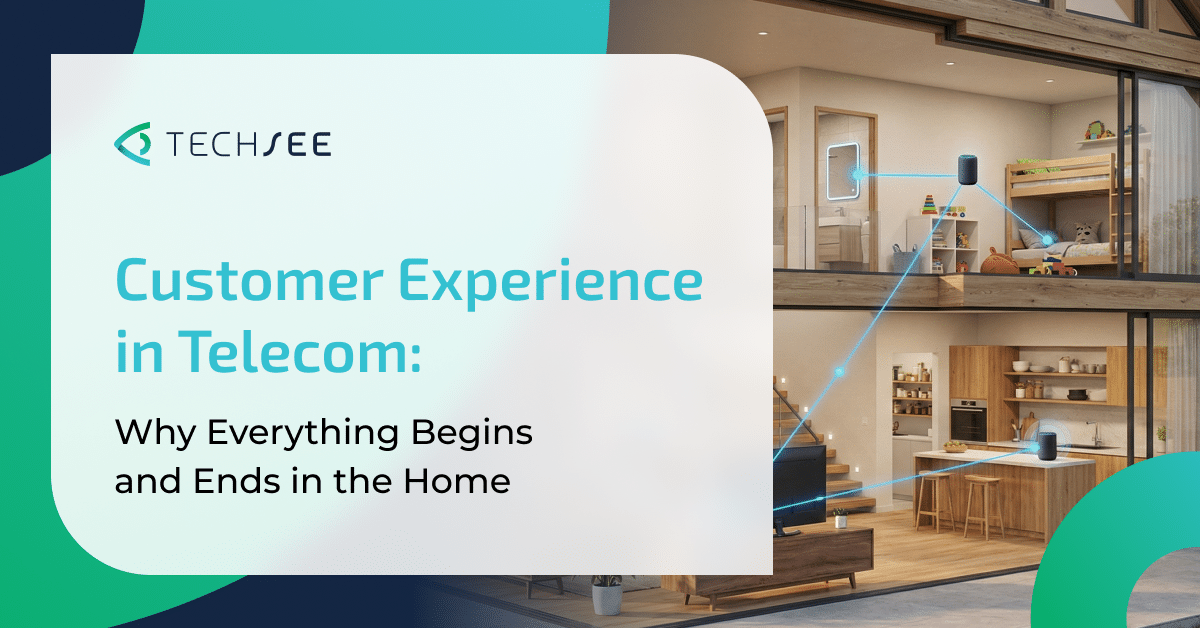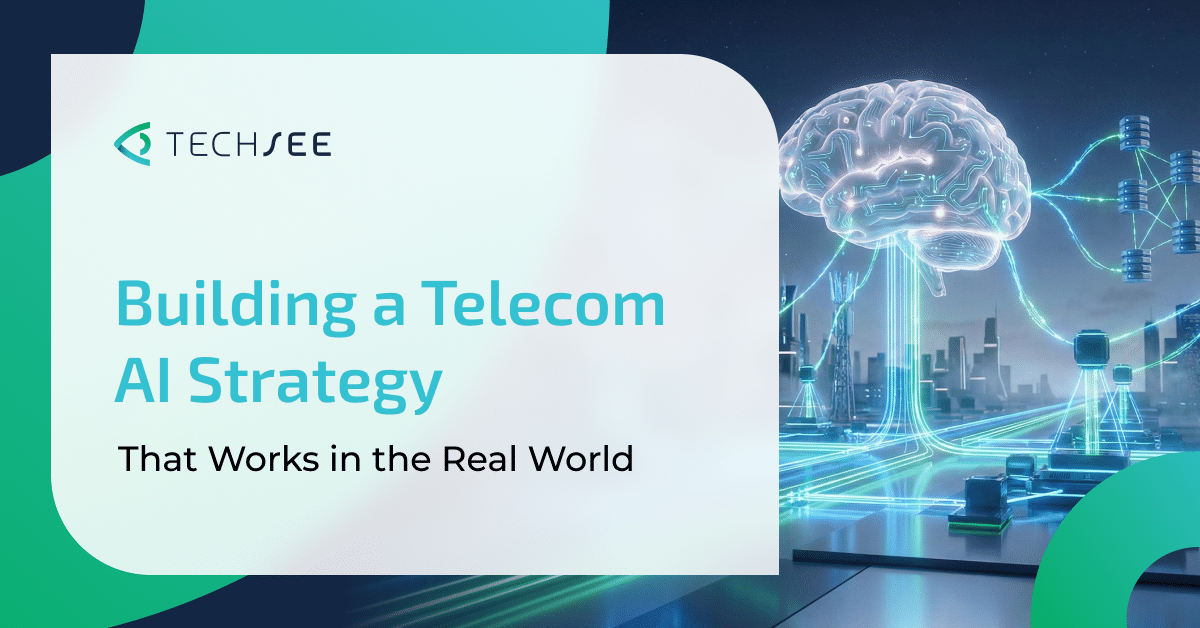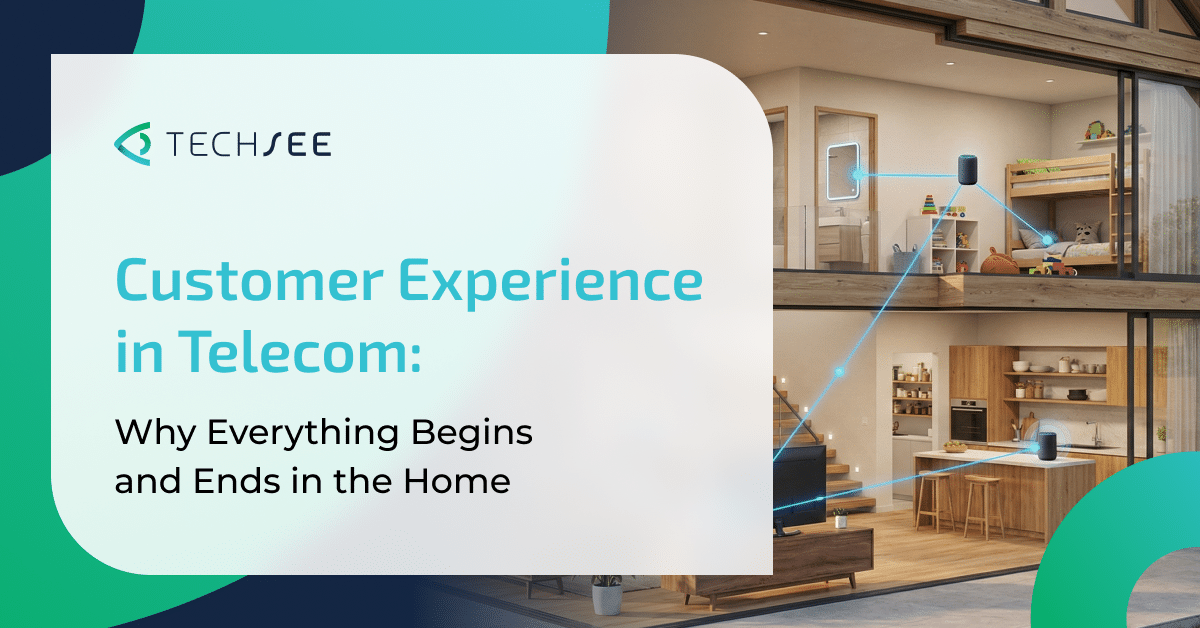What is a Virtual Agent?
A Virtual Agent is a technology solution that provides users with assistance, such as guidance or performing tasks for them, without human intervention. Under the hood, these virtual agents generally use a blend of Generative AI (e.g. LLMs), visual AI and/or natural language processing (NLP) as part of a multi-sensory AI solution. These intelligent agents are rapidly evolving and have found applications in three primary domains:
- Customer Service:
Virtual Agents in the realm of customer service are often integrated into websites, mobile apps, or messaging platforms. They can answer frequently asked questions, troubleshoot common issues, and guide customers through various processes, all in real-time. This 24/7 availability enhances customer satisfaction by ensuring prompt and accurate support. - Field Service:
In field service operations, Virtual Agents play a pivotal role in managing appointments, dispatching technicians, and optimizing service routes. They can also offer remote guidance to field technicians by providing access to manuals, troubleshooting procedures, and maintenance schedules. This results in increased operational efficiency and reduced downtime. - Sales:
Virtual Agents are a game-changer in the sales domain. They can engage potential customers, qualify leads, and assist in sales by recommending products, providing information, and even processing orders. This accelerates the sales cycle and ensures a personalized shopping experience for customers.
Benefits of Virtual Agents
Virtual Agents offer a multitude of benefits across various business functions:
- Cost-Efficiency:
Implementing Virtual Agents can significantly reduce labor costs associated with customer service, field service, and sales. These agents can handle multiple interactions simultaneously, making them a cost-effective solution. - 24/7 Availability:
Virtual Agents don’t sleep. They provide round-the-clock assistance, ensuring customers receive support at any time, which is especially valuable for businesses with a global clientele. - Consistency:
Virtual Agents deliver consistent and accurate responses to inquiries, eliminating the risk of human errors or inconsistencies in service quality. - Scalability:
Virtual Agents can quickly scale up or down as your business grows to meet increased demands without hiring and training additional staff. - Data Collection and Analysis:
Virtual Agents can collect and analyze user interactions, providing valuable insights into customer preferences, pain points, and market trends. This data can inform decision-making and drive business improvements.
How are Virtual Agents different from Virtual Assistants and Chatbots?
1. Virtual Agents:
- Scope and Functionality: Virtual Agents are typically more sophisticated and multifunctional than virtual assistants and chatbots. They are designed to perform tasks and engage in conversations with users across various domains, using natural language, spoken word, and natural visuals as their primary interfaces. They can handle complex queries, guide users through processes, and even execute tasks that might require interfacing with external systems. Most importantly, virtual agents are trained by and act on behalf of businesses, helping to service customers based on their knowledge, best practices, and guidance.In contrast, virtual assistants offer generalized skills and knowledge. While chatbots are highly customized, their skills and interfaces are far more rudimentary, often resulting in poor real-world performance.
2. Virtual Assistants:
- Scope and Functionality: Virtual Assistants focus primarily on assisting users with generalized tasks, often personal or productivity-related. They are designed to help users manage their schedules, find information, send messages, and perform other everyday tasks.
- Examples: Apple’s Siri, Microsoft’s Cortana, and Google Assistant are virtual assistants. They excel in tasks like setting up appointments, sending emails, or providing weather updates.
3. Chatbots:
- Scope and Functionality: Chatbots are more narrowly focused on text-based conversations. They were prevalent in customer service, answering frequently asked questions and providing information or assistance within specific domains. Chatbots typically lack the broader functionality of virtual agents and assistants.
- Examples: Many businesses use chatbots on their websites or messaging platforms to assist customers with inquiries, such as checking order status or providing product information.
Key Differences:
- Functionality: Virtual Agents and Virtual Assistants are designed to be multifunctional and versatile, capable of handling various tasks and inquiries. Chatbots are highly specialized, usually serving a specific purpose or domain.
- User Friendliness: Virtual Agents and Virtual Assistants use more advanced AI, allowing them to understand and respond naturally to nuanced queries. In contrast, chatbots follow simpler rule-based or decision tree-driven responses that are tightly controlled and limiting.
- Use Cases: Virtual Agents and Virtual Assistants can be used in various industries and contexts, including customer service, field service, sales, and personal productivity. Virtual Agents will typically share a centralized knowledge set across teams within an organization, facilitating centralizing learning and improvements. Chatbots were primarily used for customer support and engagement in a very fixed and limiting manner.
- Integration: Virtual Agents and Virtual Assistants may integrate with various applications and services, while chatbots typically operate as standalone applications. For example, Virtual Agents will offer a seamless transfer to human agents when escalation is required. In contrast, chatbots will ask the customer to call an 800 number.
A Virtual Agent is a powerful AI-driven solution that revolutionizes customer service, field service, and sales across industries. Its ability to provide efficient, consistent, and personalized interactions reshapes how businesses engage with customers and manage their operations. Virtual Agents will likely play an even more significant role as technology advances in enhancing business processes and customer experiences.
To learn more about TechSee’s Sophie AI Virtual Agent solutions and how we can help your enterprise, schedule your complimentary consultation today.





